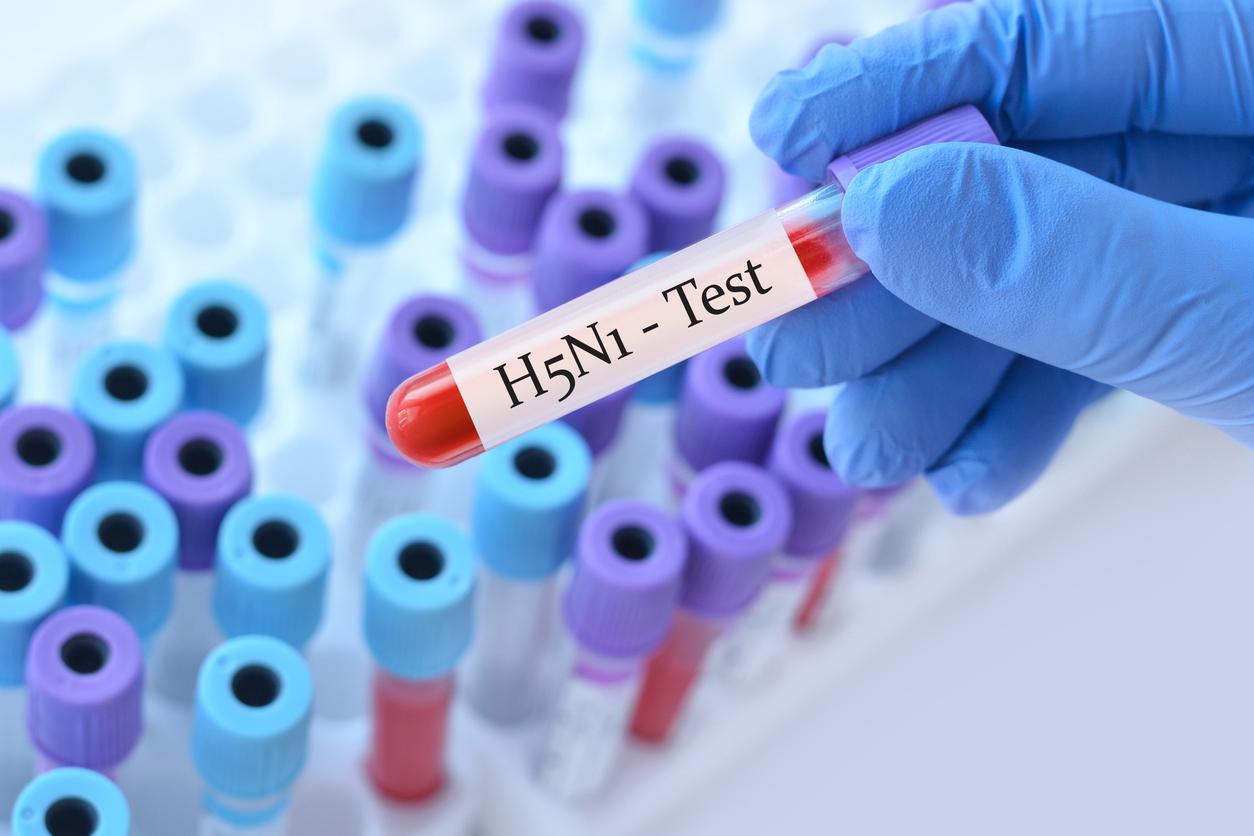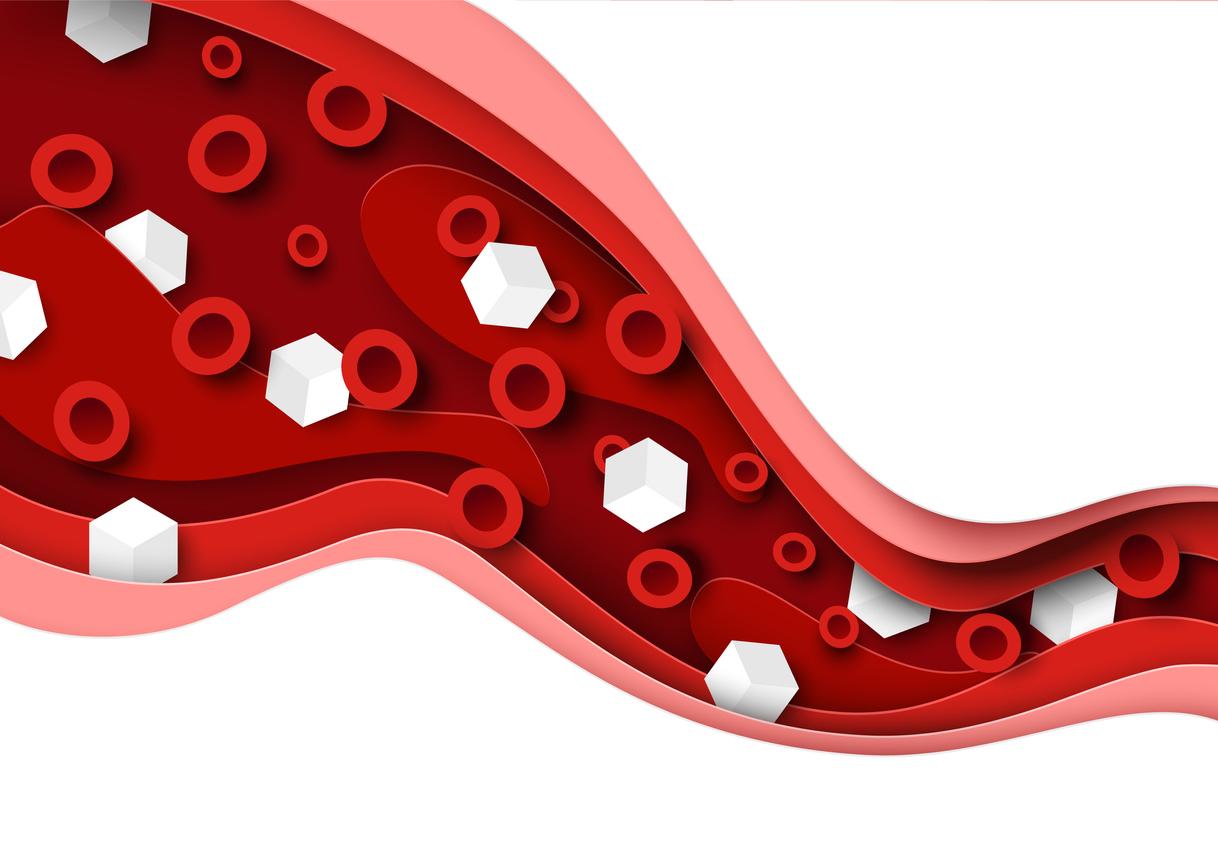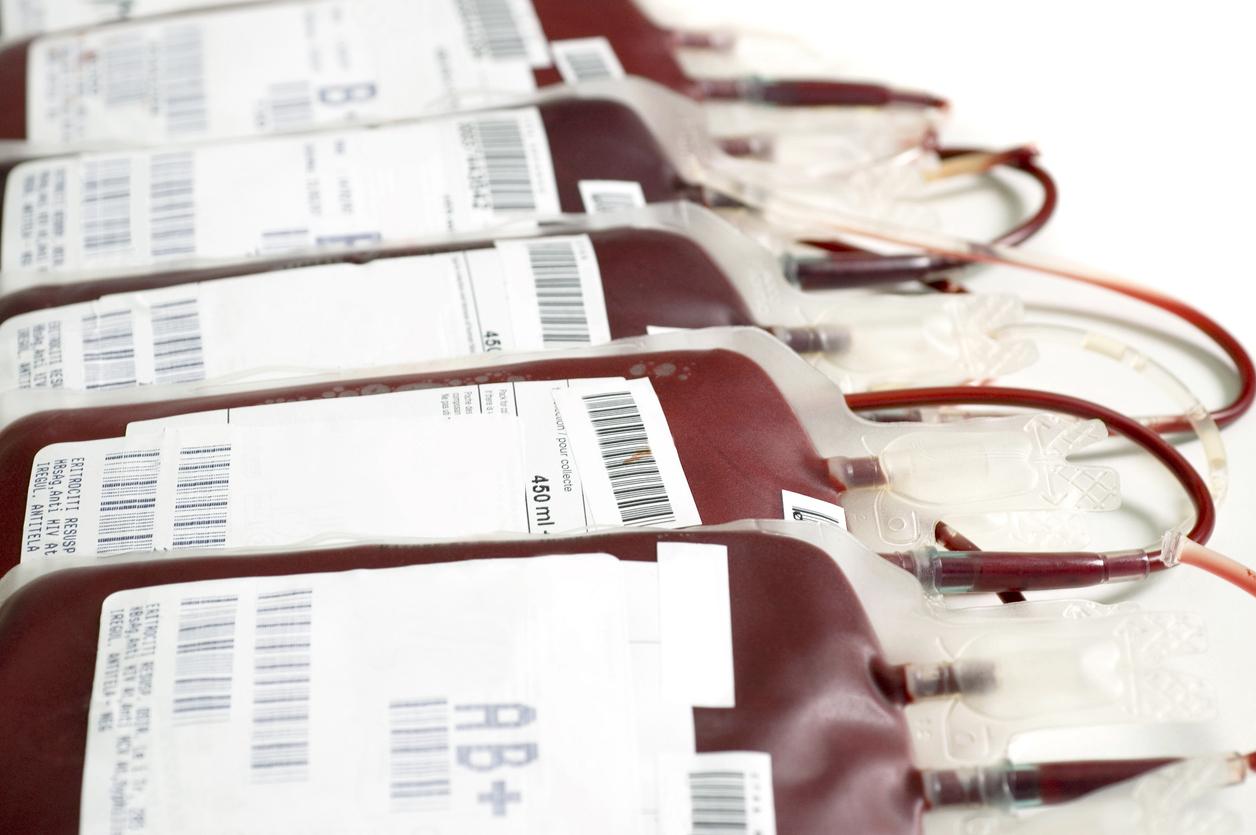February 25, 2005 – The fine particles suspended in polluted air are said to thicken the blood and cause inflammation, two factors that increase the risk of cardiovascular disorders.
This discovery was made in the laboratory by researchers at the University of Edinburgh, UK1. Their objective was to verify the body’s reactions to these particles with a diameter of less than 10 micrometers (one millionth of a meter) having the capacity to penetrate into the respiratory tissues and to enter directly into the blood.
They did this by removing epithelial, endothelial, and macrophage cells from 50 healthy people, then contacting them with particulate matter collected on a filter exposed to polluted air. The concentration of fine particles was equivalent to an ambient exposure of one day. The measurements were taken after 6 hours and 24 hours of exposure.
Researchers have observed that particulate matter increases the number of free radicals and alters the protective functions of cells, all of which can lead to blood clotting – and blood clots – as well as inflammation. Even more, the study’s authors believe that these fine particles could have a synergistic effect: inflammation and coagulation stimulating each other.
These results suggest that air pollution may increase the risk of cardiovascular disorders, including stroke, heart attack and atherosclerosis. According to the researchers, however, further studies will be needed to accurately assess and quantify this risk.
Martin LaSalle – PasseportSanté.net
According to BBC.
1. Gilmour PS, Morrison ER, Vickers MA, Ford I, Ludlam CA, Greaves M, Donaldson K, MacNee W, The procoagulant potential of environmental particles (PM10), Occupational & Environmental Medicine, March 2005, Vol. 62, No 3, 164-71.
















